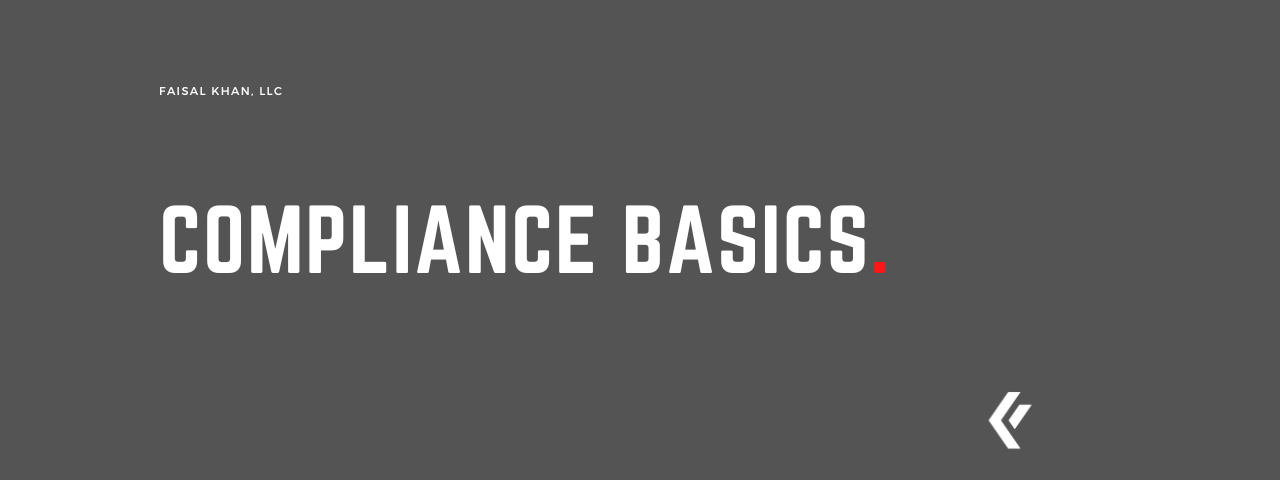Compliance in the banking, payments, cryptocurrency, and finance world refers to the adherence to laws, regulations, policies, and standards that are put in place to prevent fraud, money laundering, and other financial crimes. Compliance is designed to ensure that financial institutions and other companies operating in this space are following the rules and acting in the best interest of their customers.
In the US, compliance is overseen by regulatory bodies such as the Federal Reserve, the Office of the Comptroller of the Currency (OCC), the Federal Deposit Insurance Corporation (FDIC) and the Consumer Financial Protection Bureau (CFPB) which monitor compliance with laws such as the Bank Secrecy Act (BSA), the USA PATRIOT Act, the Fair Credit Reporting Act (FCRA) and the Gramm-Leach-Bliley Act (GLBA).
In Canada, compliance is overseen by regulatory bodies such as the Financial Transactions and Reports Analysis Centre of Canada (FINTRAC) which monitors compliance with laws like Proceeds of Crime (Money Laundering) and Terrorist Financing Act (PCMLTFA), The Office of the Superintendent of Financial Institutions (OSFI) which is responsible for supervising and regulating federally registered banks and insurance companies.
In the United Kingdom, compliance is overseen by regulatory bodies such as the Financial Conduct Authority (FCA) and the Prudential Regulation Authority (PRA), which monitor compliance with laws such as the Money Laundering, Terrorist Financing and Transfer of Funds (Information on the Payer) Regulations 2017, Payment Services Regulations 2017 and the General Data Protection Regulation (GDPR).
In the EU, compliance is overseen by regulatory bodies such as the European Central Bank (ECB) and the European Banking Authority (EBA), which monitor compliance with laws such as the Fourth Anti-Money Laundering Directive (4AMLD) and the General Data Protection Regulation (GDPR).
In Singapore, compliance is overseen by regulatory bodies such as the Monetary Authority of Singapore (MAS) which monitors compliance with laws such as the Payment Services Act and the Anti-Money Laundering and Countering the Financing of Terrorism Act.
In Hong Kong, compliance is overseen by regulatory bodies such as the Hong Kong Monetary Authority (HKMA) and the Securities and Futures Commission (SFC) which monitor compliance with laws such as the Anti-Money Laundering and Counter-Terrorist Financing Ordinance.
There are many sections within compliance like:
- KYC policies require financial institutions to verify the identity of their customers, which helps to prevent money laundering and other financial crimes.
- AML policies are designed to detect and prevent money laundering, which is the process of moving money obtained through illegal activities into the financial system.
- BSA policies focus on detecting and reporting suspicious activity and transactions that may be indicative of money laundering or other financial crimes.
- CFT policies are designed to detect and prevent the financing of terrorism.
- OFAC policies focus on identifying and blocking transactions involving individuals and entities that are on the US Government’s list of Specially Designated National.
- FATCA is designed to detect and prevent US tax evasion by US citizens and residents, who hold foreign financial accounts.
- CDD policies are put in place to identify and mitigate the risk of money laundering and terrorist financing.
- PEP policies are used to identify and mitigate the risk of financial crime associated with Politically exposed persons.
It’s important to note that these laws, regulations and policies may vary in each country, however, they all share the same goal which is to prevent and detect financial crimes and protect customer’s interests. The field of compliance is constantly evolving and new laws, regulations, and best practices are being developed, so financial institutions and other companies operating in this space must stay up-to-date with these changes in order to remain compliant. Also, the penalties for non-compliance can be severe, including fines, penalties, and even jail time for individuals.
In addition to laws and regulations that financial institutions must comply with, there are also various industry standards and best practices that are recommended to enhance compliance efforts. For example, many financial institutions adopt policies and procedures based on guidance from international organizations such as the Financial Action Task Force (FATF) and the Basel Committee on Banking Supervision.
Another important aspect of compliance is risk management. Financial institutions must assess the risks they face and implement controls and procedures to mitigate those risks. This includes identifying and monitoring suspicious activity, conducting regular internal audits and reviews, and providing training to employees on compliance-related topics.
It is also important to keep in mind that compliance is not just limited to financial institutions. Many companies in other industries also must comply with regulations related to anti-money laundering and other financial crimes. For example, businesses in certain sectors such as casinos, real estate, and jewelry are considered high-risk and have to follow specific regulations to mitigate the risk of money laundering.
Another important point is that compliance is not a one-time event, it’s an ongoing process. Financial institutions and other companies must have robust systems and controls in place to ensure compliance, but they must also continuously monitor for new laws, regulations and best practices. This can include regular testing, training of staff, and updating compliance policies and procedures when necessary.
Overall compliance is a crucial aspect of the banking, payments, cryptocurrency, and finance world. It helps to protect customers, maintain the integrity and stability of the financial system, and ensure that companies are operating in an ethical and responsible manner. It’s important that companies operating in this space understand the compliance requirements that apply to them and have systems and controls in place to ensure ongoing compliance.
—
This page was last updated on July 17, 2023.
–

